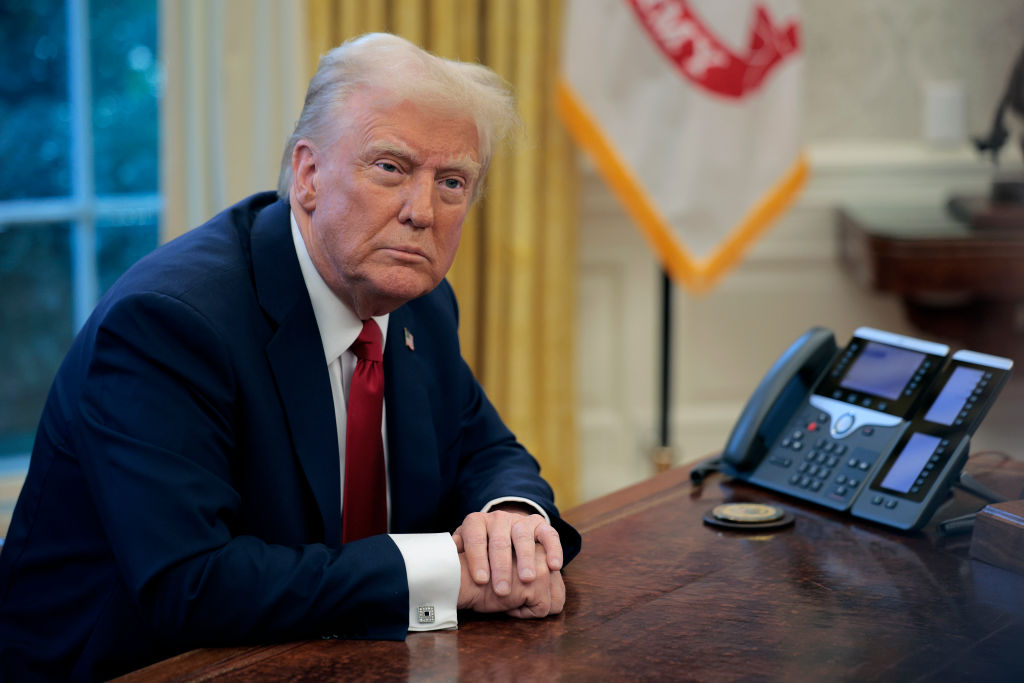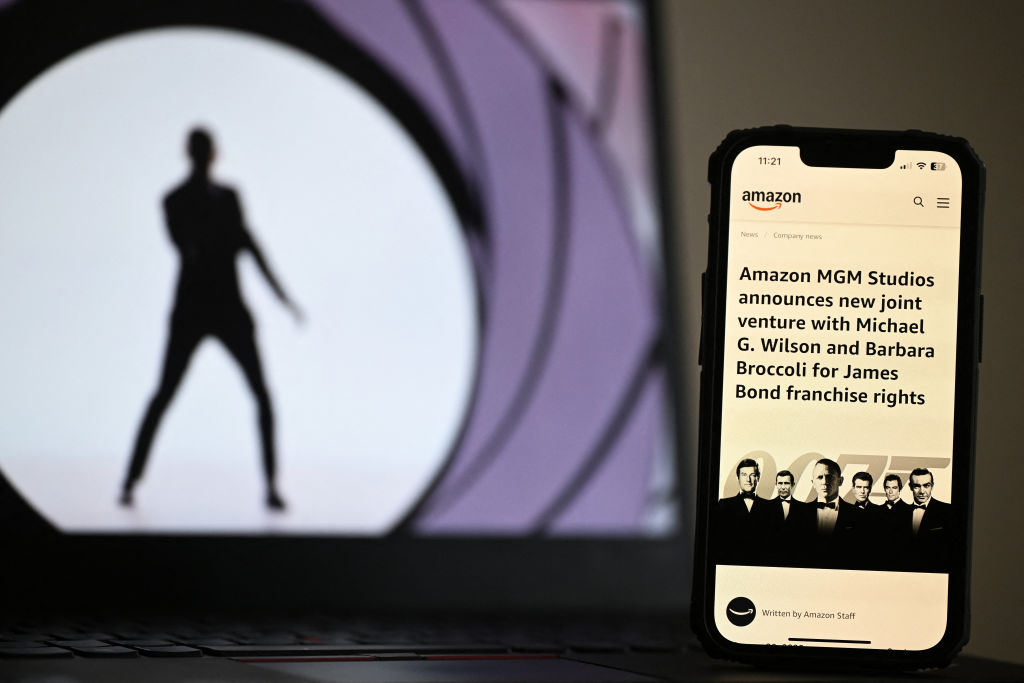Those who wonder why more Americans haven’t risen up in rebellion against the Trump administration’s assault on affirmative action, its gutting of university departments, its violation of the neutrality of the American legal profession, should keep in mind the epigraph from the 20th-century philosopher Will Durant that appears in the opening moments of Mel Gibson’s 2006 movie Apocalypto: “A great civilization is not conquered from without until it has destroyed itself from within.”
As he promised to do, Donald Trump is dismantling large parts of the government he conquered at the ballot box last November. You don’t have to approve. Roughly half of Americans do not. But the regime he is undoing has yielded diminishing returns for most of this century. After the “Woke Summer” of 2020, an American majority came to see their country’s institutions as corrupt.
Perhaps the most shocking thing to a foreigner about Trump’s early agenda is that it has been aimed at the institutions of civil rights set up in the 1960s and 1970s – the “nicest” part of a country that prides itself on its niceness. Government policies of racial remediation were not just enshrined in national mythology. They were also guarded (like most “nice” things) by a set of taboos that would imperil the careers of any who trespassed them. Within 48 hours of his inauguration, Trump had used a series of executive orders to abolish affirmative action, the linchpin of race-based law enforcement.
This was the sort of problem that, in his first term, left Trump befuddled. In his second term, he has proceeded with a sheer bureaucratic competence not seen since Franklin Roosevelt. Trump had a sense of where the regulatory pressure points of the civil-rights system lay: in its reliance on presidential regulation rather than law. He knew where the establishment was most vulnerable: in the economic dependence of race-driven academic departments and charitable foundations on streams of revenue that the White House could turn on and off. But what Machiavelli would consider most worthy of notice is that Trump, having identified the civil-rights system as a source of high-handed government abuse in the name of a hypocritical moralism, did not abolish it. No – he redirected its mighty regulatory powers against his political adversaries: the censorship regime known as Woke and the aggressive system of indoctrination and personnel management called Diversity, Equity and Inclusion. These doctrines, themselves racially discriminatory, are now liable to prosecution under the letter of civil rights law.
The Boston College constitutional historian Aziz Rana recently published a powerful account of the stakes of this project. “The Trumpist constitutional assault is at root a cultural assault on the basic creedal assumptions forged during the 20th century,” Rana wrote. “Since the 1960s, racial liberalism has been perhaps the central legitimating component of American constitutional life.” What makes Rana’s account deeper than most progressive laments is his recognition that, for all its official self-celebration, the legitimacy of the civil rights regime is fragile.
During the Nixon administration it was common to lament that the US had fallen under the sway of what the historian Arthur Schlesinger called an “imperial presidency”: The vast executive-branch bureaucracy had arrogated to itself a lot of decisions that belonged to Congress, particularly in matters of foreign policy, where the presidency was often too militaristic for the public’s taste. Rana recognizes there is also an imperial judiciary, which came to see itself as the final arbiter on all matters of domestic policy. From desegregation to abortion to gay marriage it has been the Court, and not the people or their representatives, who led (or compelled) every progressive innovation over the past half-century. By the time a conservative majority arrived on the court in Trump’s first term, civil rights had changed into a much harder system. During Barack Obama’s term, the White House threatened universities to ensure that students accused of sexual misconduct not be given a fair trial. Even in Trump’s first term, DEI made rapid advances. In the summer of 2020, while Americans were locked in their houses during Covid, race-conscious youth, enraged over the death of Minneapolis resident George Floyd in police custody, set several US cities on fire.
To their surprise, Americans got a taste of living in the Soviet Union. Your life could be destroyed, your career derailed, if your support for Floyd was less than total. Powerful celebrities in the most conservative corners of American society were not immune. New Orleans Saints quarterback Drew Brees gave a humiliating public apology when one of his teammates accused him of racism for expressing reverence for the American flag. Oklahoma State football coach Mike Gundy was forced to apologize, too, when he was spotted wearing a T-shirt with the name of a conservative television network on it. Trump himself appeared helpless – that is why he lost in 2020. But when Joe Biden took office promising to make hardline DEI the law of the land, the stage was set for Trump to march through the civil-rights institutions four years later.
The late historian Walter Laqueur understood there is no political system so high-minded that it cannot be discredited by excess of zeal. Consider the chaos of Russia three decades ago, after the fall of the Berlin Wall. “Most Russians have come to believe ‘democracy’ is what happened in their country between 1990 and 2000,” Laqueur wrote, “and they do not want any more of it.” So it is now with Trump. Yes, he is dismantling the system of civil rights. Why are people not protesting? Because most Americans have come to believe “civil rights” is what happened in their country between 2020 and 2024, and have drawn their conclusions.
This article was originally published in The Spectator’s May 2025 World edition.


























Leave a Reply